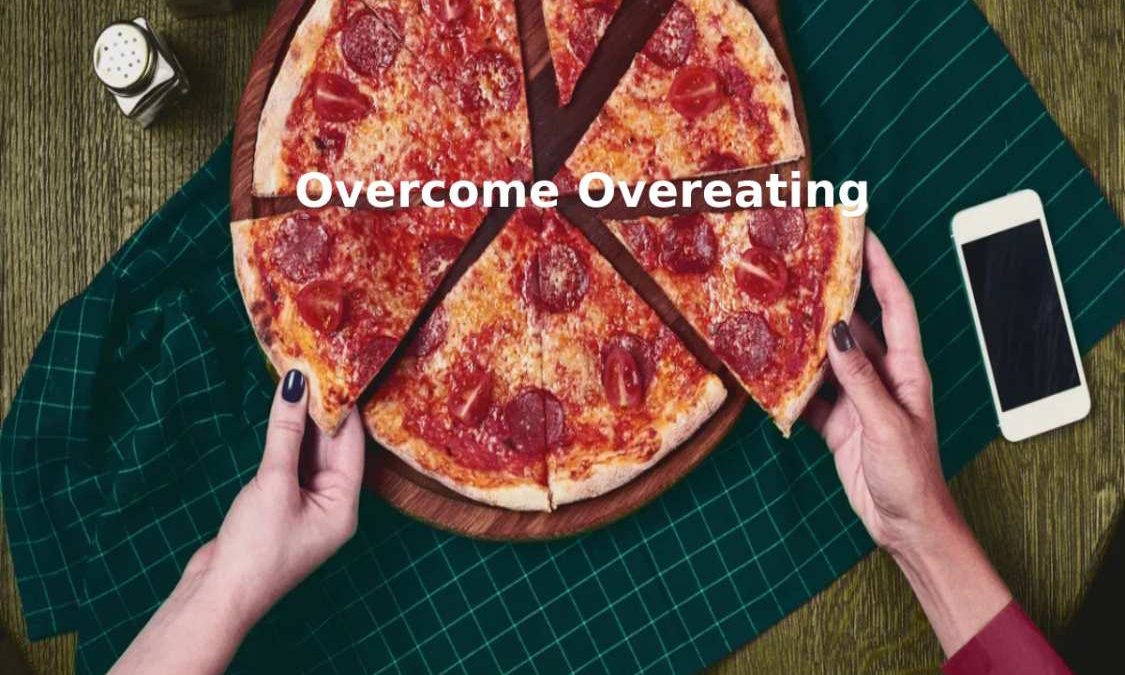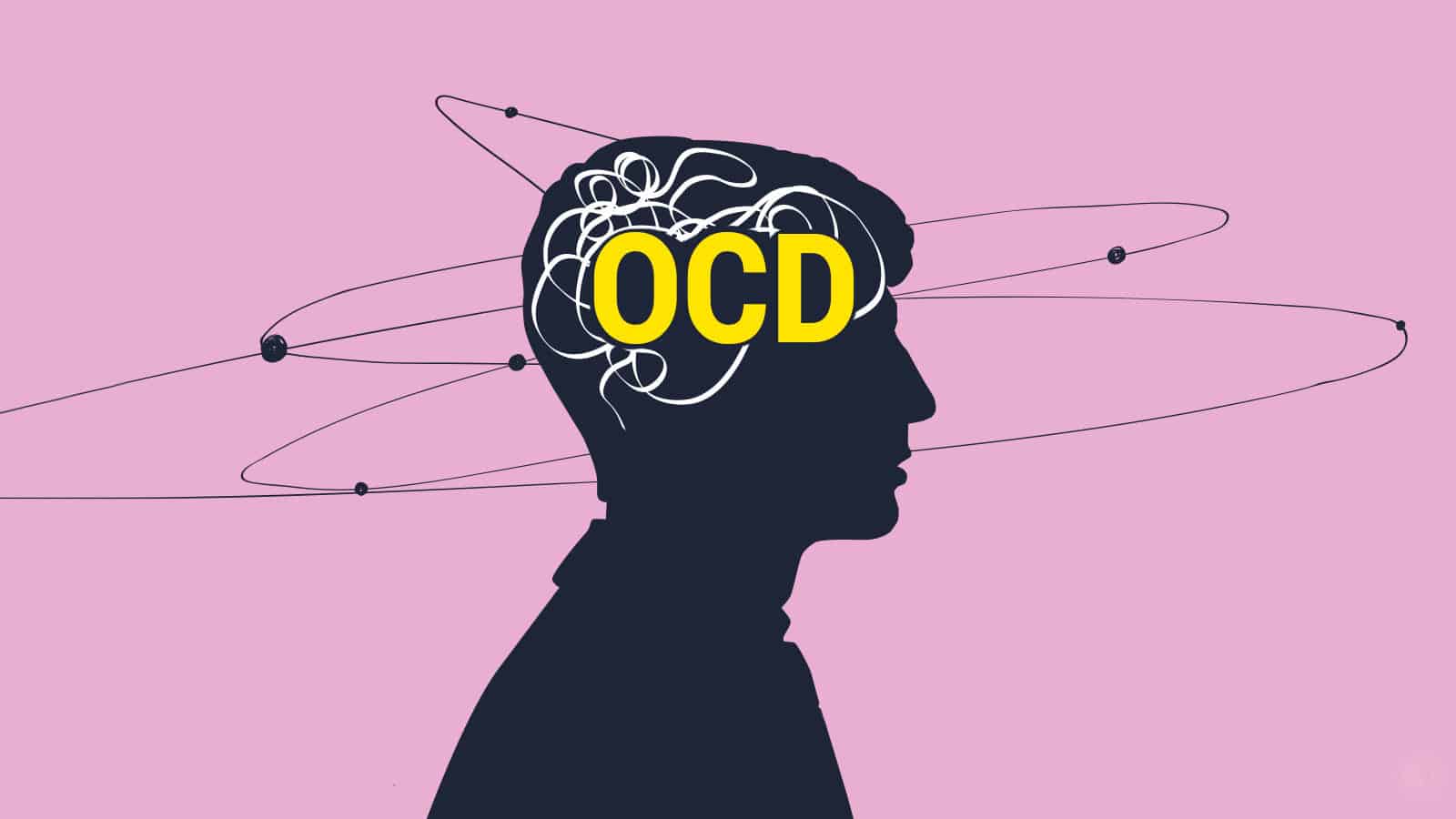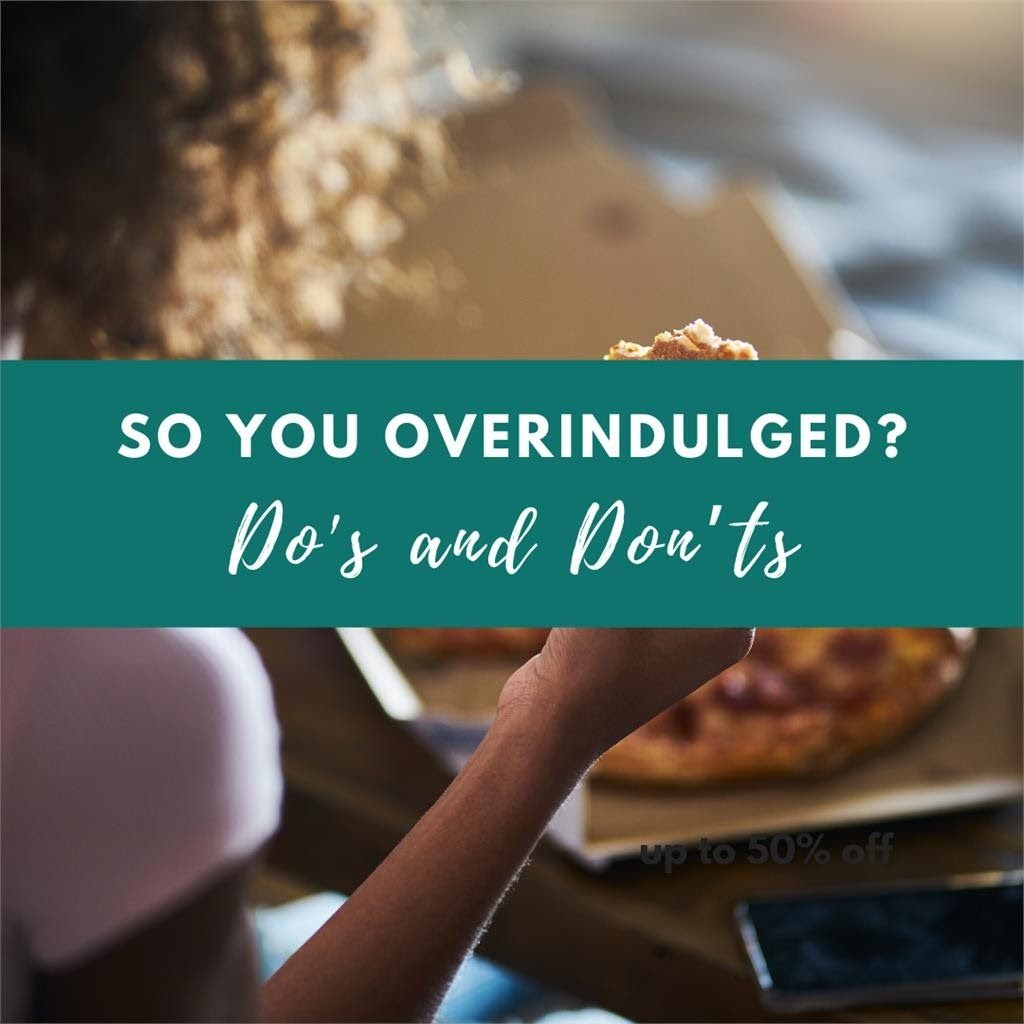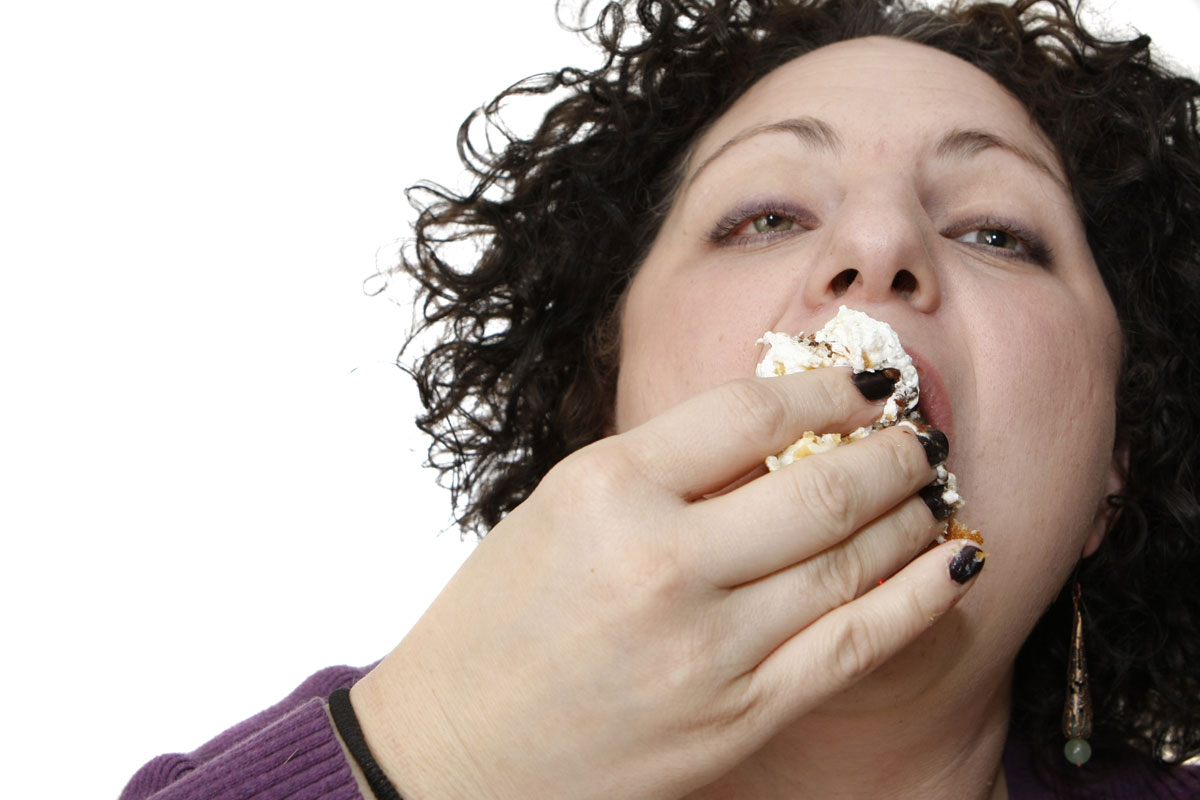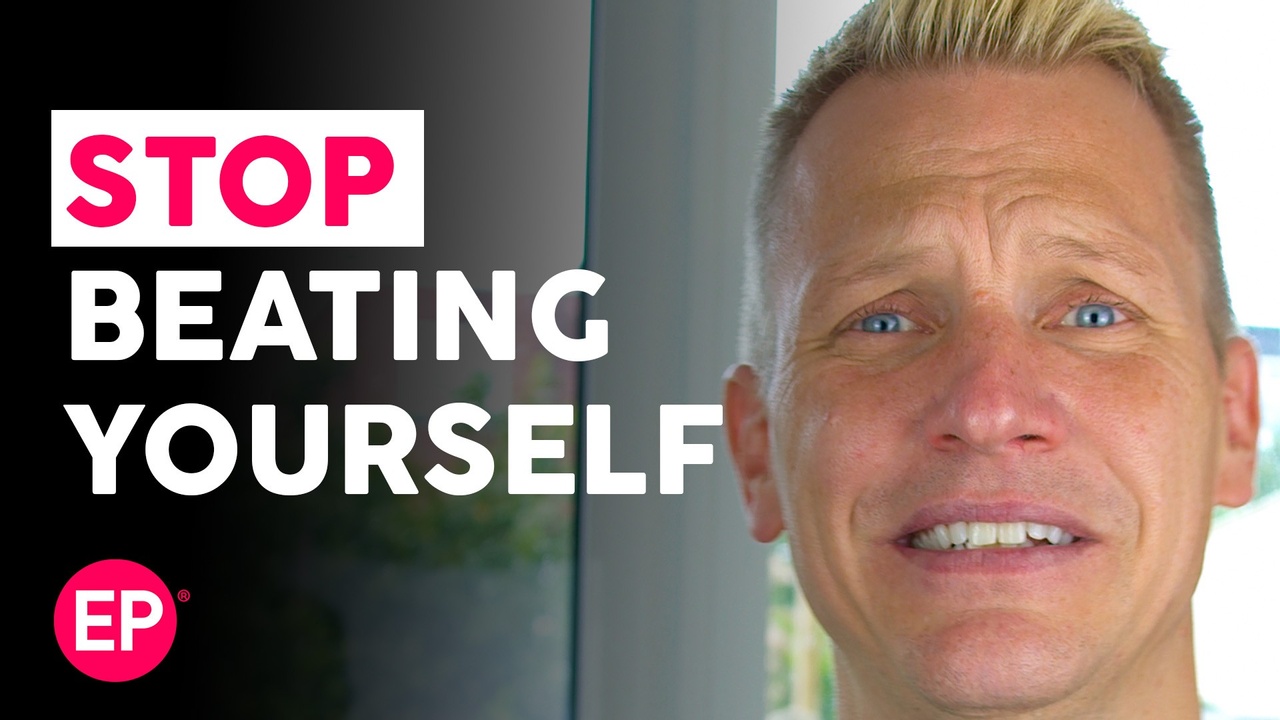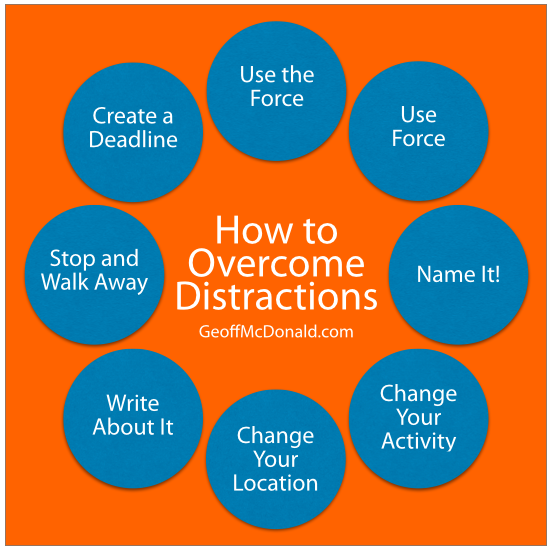Can’t-Miss Takeaways Of Tips About How To Overcome Compulsive Overeating

Eating large amounts of food even when you don’t feel hungry.
How to overcome compulsive overeating. How to control compulsive overeating. Eating when not physically hungry. The center • a place of hope.
The organization suggests that people might need help if they: Eating alone due to embarrassment about the amount of food one is eating. Share it with your friends.
There are numerous reasons why people struggle with food and, as a consequence, options for. Eating very quickly. Work out what is triggering your binge eating.
If these symptoms last more than a. Eat when they’re not hungry. Recovery from overeating and food obsession is possible.
Read about binge eating disorder, which is when a person feels compelled to overeat on a regular basis. How does compulsive overeating start? Keep on eating, even when they feel full.
Speak to a therapist, especially if you have bed. You can eat anything you want and still maintain a healthy weight if you follow one rule — eat when you are hungry. When you have food addiction, you lose control over your eating behavior and spend excessive amounts of time involved with food and overeating, or anticipating the.
Diseases & conditions. Binge eating disorder (bed) is a behavioral disorder characterized by chronic, compulsive overeating. While occasional overeating is normal, an eating.
You may also have these symptoms for other reasons, not just overeating. Food journaling, meal planning, and mindfulness practices can all help create an improved sense of awareness around food, eating, and potential triggers, helping someone gain. Feeling guilty, depressed, embarrassed, or disgusted.
I can’t stop eating — how to stop compulsive overeating. Plan out the meals and snacks you should have during the day, to help you adopt regular eating habits. If you overeat frequently, it can lead to health problems and other consequences.


